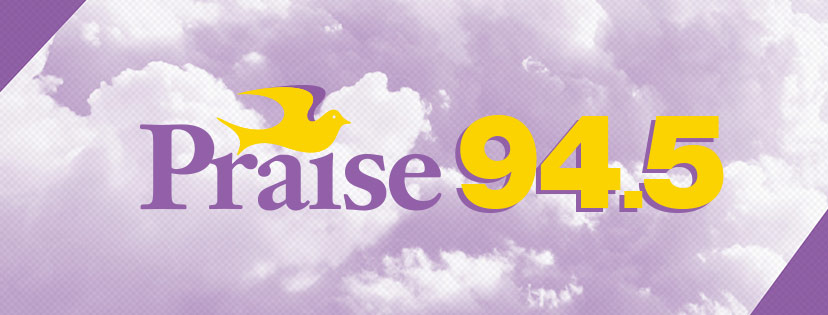Some wounds of war are all too visible — a missing leg, a shattered arm. The invisible wounds of mind and soul are often more difficult to spot, and equally hard to treat.
But those who know where to look can help them heal, and it’s a message that is hitting home for U.S. congregations as more than 1.35 million veterans adjust to civilian life after deployments in Iraq and Afghanistan.
With symptoms of post-traumatic stress disorder (PTSD) affecting an estimated one-in-six returning service members, congregations are coming face-to-face with the tolls of war. Experts say faith groups have much to offer, even when the wounds include PTSD and traumatic brain injury.
“Churches are kind of in the dark about how to help, unfortunately,” said Peter Bauer, an ordained minister and clinical social worker with the Veterans Administration in San Antonio. “But they don’t have to stay there. There are some very easy things that churches can do to be proactive and help with this population.”
Bauer, a former Navy chaplain, recently convened workshops on PTSD and traumatic brain injury for pastors and seminarians at Andover Newton Theological School in Newton, Mass. His educational outreach builds on other small-scale initiatives that have gained momentum in recent years.
Since forming in 2009, the non-profit group Care for the Troops has equipped 37 Georgia congregations to convene peer groups, identify local clinicians with military experience and otherwise support soldiers’ families. The project is now adding congregations in Tennessee, California and other states.
read full story
article courtesy of TheHuffingtonPost.com
li>North Carolina Pastor Sentenced To Prison For Sex Abuse Of Child












